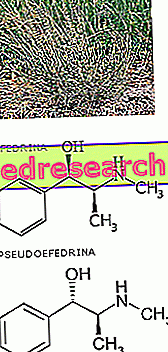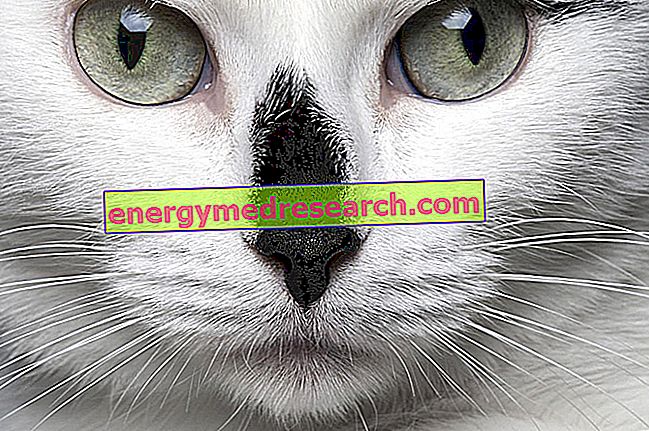The term ephedra refers to the drug derived from some plants belonging to the genus Ephedra, family Ephedraceae; these are widespread suffrutics in the dry areas of temperate regions, including Italy, and on tropical mountains; however, the species of major commercial interest - Efedra sinica, Efedra intermedia, Efedra equisetina - are of predominantly Asian origin. The leaves are reduced to scales, the stem and branches are green, slender, longitudinally striped and angular, and it is precisely the parts of the area - collected in autumn - that constitute the drug ephedra (also known as ma huang ).

The ephedra drug, used for example in the form of an infusion, has the same indications as its characteristic alkaloids, but performs a milder action and has fewer contraindications (either because of the lower amount of active ingredients taken, or because of the modulating action of the fitocomplesso). However, the risk of damage from abuse and important contraindications have led many countries, including Italy and the United States, to ban the sale of ephedra and its inclusion, once very popular, in weight loss supplements ; however, ephedrine and pseudophedrine continue to be used in various pharmaceutical products, many of them OTC.



